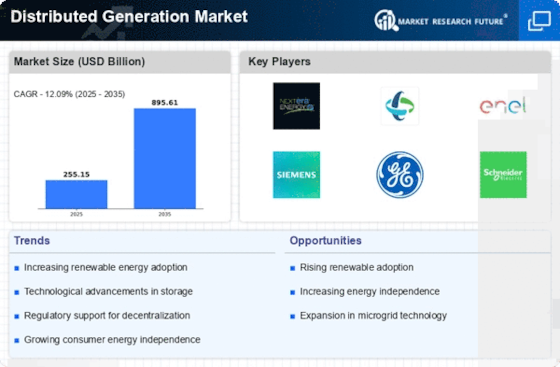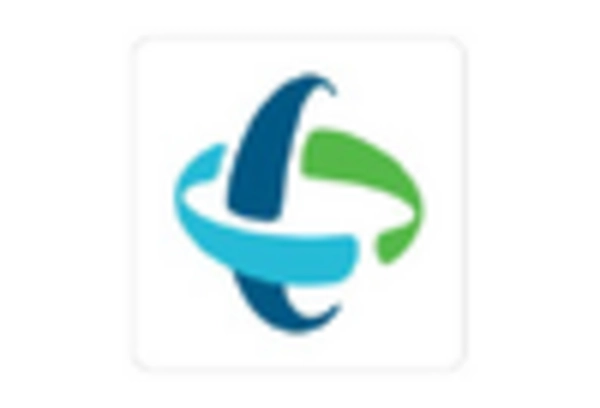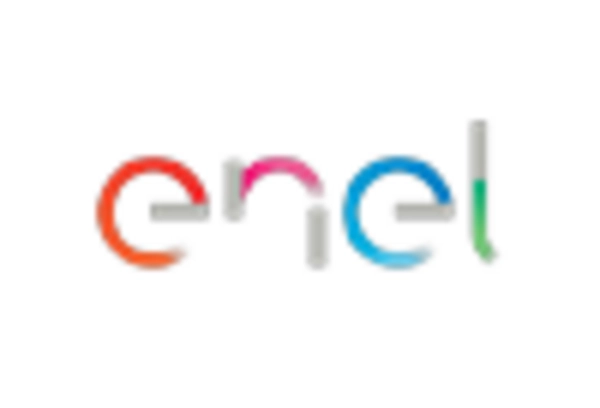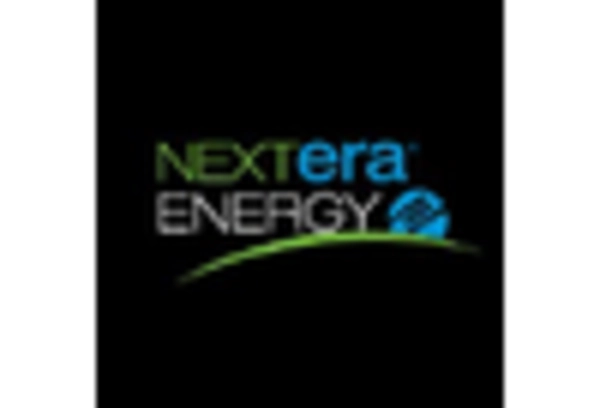Distributed Generation Size
Distributed Generation Market Growth Projections and Opportunities
Between 2022 and 2030, the distributed generation market is expected to grow at a compound annual growth rate (CAGR) of 10.68%. The market was worth USD 263.35 billion in 2021; at a spectacular compound annual growth rate (CAGR), the market is expected to reach USD 703.12 billion in 2030 from USD 312.2 billion in 2022. The industry is expected to increase as a result of factors including the increasing need for energy, particularly a preference for clean energy, and generous subsidies that encourage the adoption of renewable energy sources. Numerous variables impact the Distributed Generation (DG) industry, determining its growth trajectory and dynamics. An important aspect of the industry is the growing need for energy resilience and dependability. Distributed generating options are becoming more popular as traditional centralized power systems struggle with issues like outages and natural catastrophes. To maintain continuous operations and important services, towns and businesses need for independent and dependable power sources. The growing emphasis on sustainability and knowledge of its importance is another important market aspect. Distributed generating technologies, including solar and wind power, have gained importance as a result of the worldwide endeavor to reduce carbon footprints and mitigate climate change. The need for distributed generating systems is being driven by governments and industries throughout the world implementing sustainable energy solutions to comply with environmental requirements and goals. The rapidly changing technology landscape significantly shapes the DG market. Technological developments in digital technology, smart grids, and energy storage enhance the effectiveness and integration of more advanced solutions. For example, smart meters make it easier to monitor and manage energy use, which makes it easier to integrate dispersed energy resources into the grid. Moreover, the market for distributed generation is greatly impacted by legislative and regulatory frameworks. Investment in distributed generating projects can be encouraged by government subsidies, incentives, and advantageous legislation. Conversely, rules that are ambiguous or constrictive might impede market expansion. The regulatory landscape is crucial in determining investor confidence and affecting the general dynamics of the market. Geopolitical issues also impact market variables. Reducing dependency on foreign fuels is a major goal for nations that prioritize energy security and independence. Distributed generation technologies provide a way to improve energy security and diversify energy sources, which might impact global market trends.



















Leave a Comment